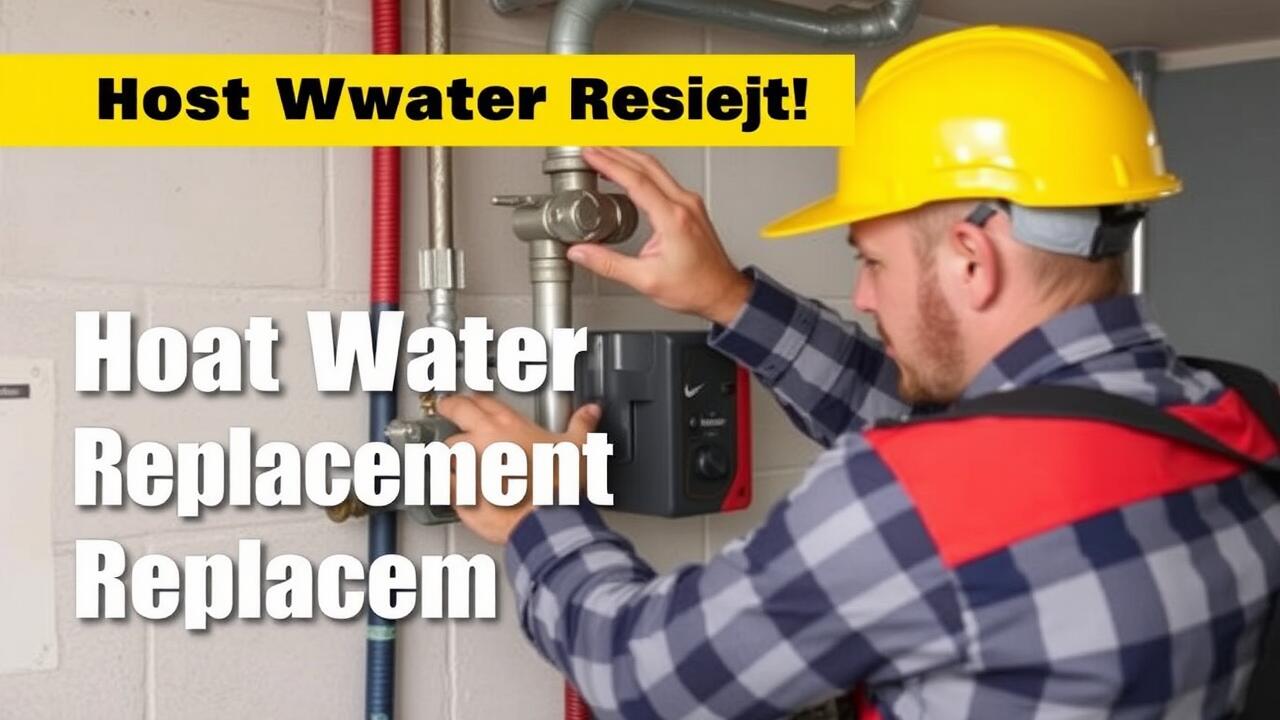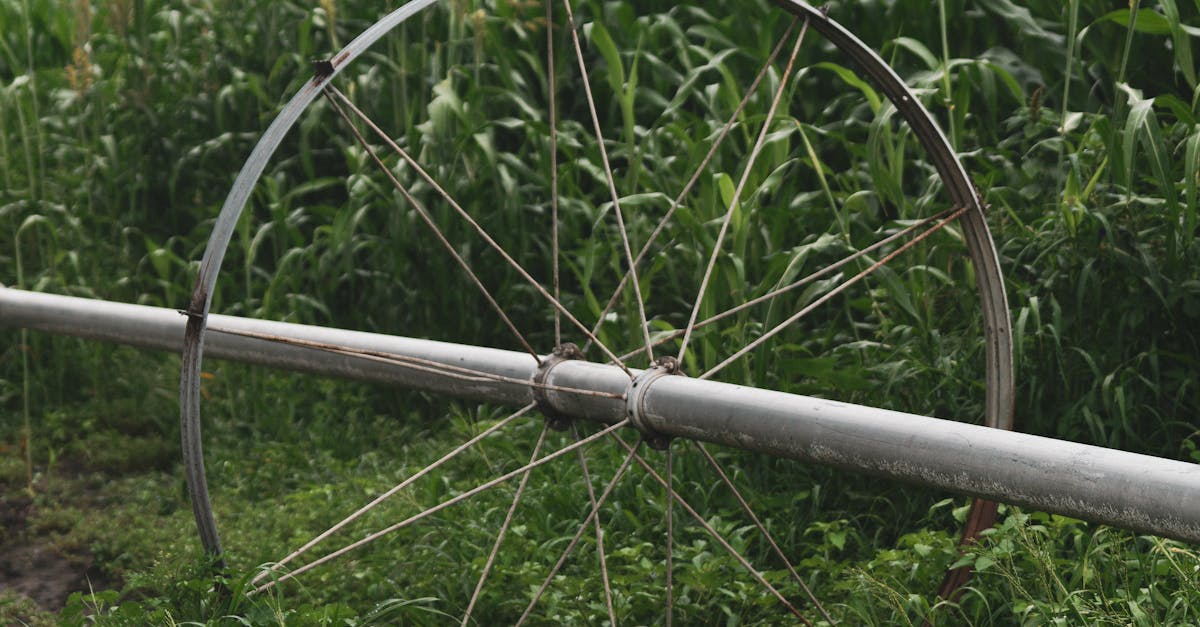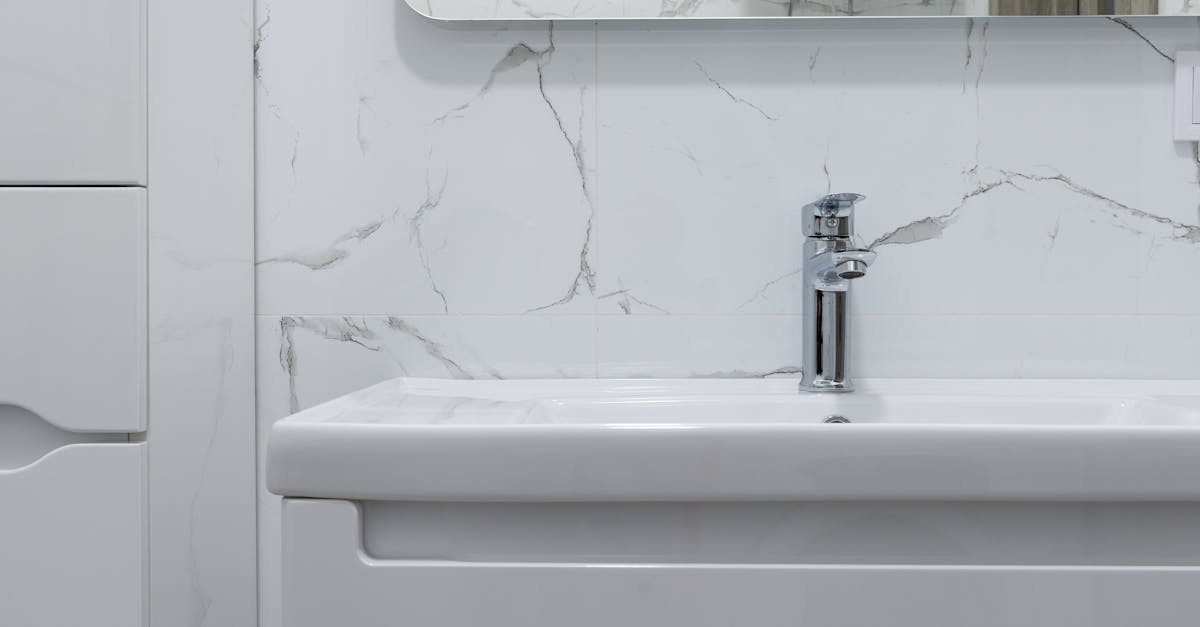
Table Of Contents
Increased Energy Bills
Rising energy bills can signal that your hot water system is not functioning efficiently. Older systems often require more energy to heat the water, leading to increased costs each month. Regular maintenance may help, but if the bills keep climbing, it could indicate an underlying issue that needs addressing.
If you're experiencing continually high energy costs, consider the advantages of a hot water system replacement. A newer model might not only improve efficiency but also provide better comfort in your home. An investment in an updated system can lead to long-term savings and reduce your overall environmental impact.
How Efficiency Affects Your Costs
The efficiency of your hot water system directly impacts your energy costs. Older systems tend to consume more energy to produce the same amount of hot water. This inefficiency can lead to significantly higher monthly utility bills, often catching homeowners off guard. In such cases, investing in a newer model may mitigate these rising expenses, making it an attractive option for those looking to reduce costs.
With regular use, the wear and tear on your system can lead to reduced efficiency. If you notice a steady increase in your energy bills without any significant changes in usage, a hot water system replacement might be necessary. Upgrading to an Energy Star-rated model can not only lower your monthly expenses but also provide long-term savings and improved performance.
Frequent Repairs Needed
Repeated issues with a hot water system can indicate underlying problems that may warrant a more permanent solution. Frequent repairs not only disrupt daily life but can also add up in costs, making it less economical to keep patching up an aging unit. Homeowners often find themselves spending money on parts and labor, which could be better allocated toward a new system. Regular breakdowns can signal that the hot water system is nearing the end of its lifespan.
When the repairs become more common, it might be time to consider hot water system replacement. Evaluating how often repairs are needed versus the installed system's age can help determine if a new installation is a financially sound choice. Investing in a new unit can provide peace of mind with improved reliability and efficiency, ultimately reducing long-term expenses compared to ongoing maintenance on an old system.
When to Consider Replacement Instead
If you find yourself repeatedly paying for repairs on your hot water system, it may be time to consider Hot Water System Replacement. Frequent issues, such as leaks or inconsistent heating, can indicate that your system is nearing the end of its lifespan. Instead of pouring money into fixes that only offer short-term solutions, evaluating the cost of a new system could be a smarter financial decision.
An outdated hot water system often struggles to maintain efficiency, leading to higher energy bills. If your current unit is more than a decade old, the latest models available can provide better energy efficiency and reliability. Investing in Hot Water System Replacement can not only enhance your comfort with consistent hot water supply but also lead to savings on your utility bills in the long run.
Low Water Pressure
Low water pressure can be a frustrating issue, especially when it affects your ability to enjoy a warm shower or complete daily tasks like washing dishes. When the pressure drops, it may indicate that your hot water system is struggling to operate effectively. This problem might stem from sediment buildup in the tank, corroded pipes, or even the age of the system itself. Over time, these factors can lead to diminished performance and an inconsistent supply of hot water.
If you’re experiencing persistently low water pressure, it may be time to evaluate your options. While some minor fixes could temporarily restore function, ongoing issues could point to a failing system. Hot water system replacement may not only resolve the pressure problem but also enhance energy efficiency and overall performance. When considering your next steps, weigh the costs of continued repairs against the benefits of a new system.
Relationship Between Pressure and Heating
Low water pressure can often be a sign that your hot water system is not functioning optimally. When a water heater begins to fail, it may struggle to provide adequate heating, resulting in a decrease in pressure. This decrease creates noticeable discomfort during daily activities, such as showering and washing dishes. Identifying the relationship between pressure and heating can help homeowners understand the condition of their system and when it may be time to act.
Hot water system replacement may become necessary if low pressure persists despite repairs or adjustments. A new system can not only restore pressure but also enhance energy efficiency, which may lead to lower utility bills over time. Homeowners should monitor their water pressure and consider consulting a professional if they notice any significant changes, ensuring that they maintain a functional and efficient hot water supply in their homes.
FAQS
How can I tell if my hot water system is inefficient?
Signs of inefficiency include increased energy bills, inconsistent water temperatures, and frequent repairs. If your system is over a decade old, it may also be less efficient than newer models.
What are the common signs that my hot water system needs repairs?
Common signs include leaks, strange noises, inconsistent water temperature, and low water pressure. If you find yourself calling for repairs more often, it might be time to consider a replacement.
How does low water pressure indicate a problem with my hot water system?
Low water pressure can suggest issues with your hot water system, such as sediment buildup in the tank or leaks in the plumbing. If pressure remains low after flushing the system, replacement may be necessary.
What should I consider before replacing my hot water system?
Consider factors like the age of your current system, repair history, energy efficiency, and the cost of repairs versus replacement. Additionally, evaluate your household's hot water needs and budget for a new system.
Are there any benefits to upgrading my hot water system?
Upgrading can lead to improved energy efficiency, reduced energy bills, and a more reliable supply of hot water. Newer systems often come with advanced technology that enhances performance and minimizes the need for repairs.





























